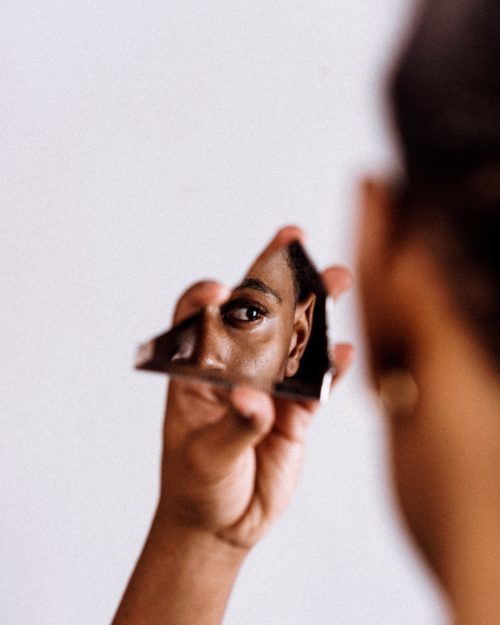Angel Sumka is the President of Albert (Canada) Sex Positive Centre. Here we talk about men.
Scott Douglas Jacobsen: What should men know about a sex-positive lifestyle?
Angel Sumka: All people, regardless of gender, should know that sex-positive culture (which is not a lifestyle, although there are some lifestyles that are sex-positive in nature), is about valuing the diversity of human sexuality, and recognizing that consensual sexual activity is pleasurable and healthy. I think it is important to consider the benefits to our intimate relationships in learning to have this attitude, as when we are accepting and remove shame from our thinking about bodies and sexuality, we create a safe space for our partner to talk to us about their own thoughts and desires.
Jacobsen: How can men be better lovers?
Sumka: All people, regardless of gender, become better lovers when they communicate openly and honestly, and listen to the feedback they receive from their lover(s). There is no one true way, everybody is different, and the situation is different.
Jacobsen: For young men, or inexperienced men at any age, how can they start to have a more sex-positive perspective and skill set?
Sumka: For all inexperienced people (I am sure you are seeing the trend here), sex positivity starts with the self. Think about how you perceive gender and the ways in which that is helpful and not so helpful. Challenge your biases about sex and gender, think critically about what you think you know about sex and pleasure. The best way to improve your sexual skill set is to start by learning about your own body, and how to communicate your own needs, and inviting your lover(s) to do the same.
Jacobsen: What are the principles of safe sex? How often are these not practiced? What are some tips and tricks to make this easy to practice?
Sumka: The principle of safe(r) sex is that we each, as responsible individuals, can take measures to reduce the risk of harm or infection for ourselves and our partners. This starts with communication about our risk profile (do we use condoms? Do we get tested? Are we in a high-risk category, such as i.v. drug use?), includes being regularly tested, and using appropriate barriers. Often missed is that we have the responsibility to continue to be educated about sexual risks, such as learning about the risks associated with unprotected oral sex with various types of genitals.
Jacobsen: What are the main things with sex that men do not get, whether a homosexual or heterosexual?
Sumka: As you may have noticed, I work hard to not lump people together by gender. Society, however, does not get that consent is not optional. Anytime you go to touch another person, regardless of how casually, you should be first ensuring they are 100% ok with that touch. Same with sexual comments. Your sexuality does not negate your responsibility to be sure the person you touch wants that touch. Your gender does not excuse you from requiring consent. It always troubles me that so many of us resist the idea of enthusiastic consent. Why are we ok touching people that do not want our touch?
Jacobsen: What forces are generally sex-negative in society?Sumka: Humans, ones that feel shame about sex and continue to ensure that others feel the same way, are the ones that drive sex-negativity.
Photo by jurien huggins on Unsplash

